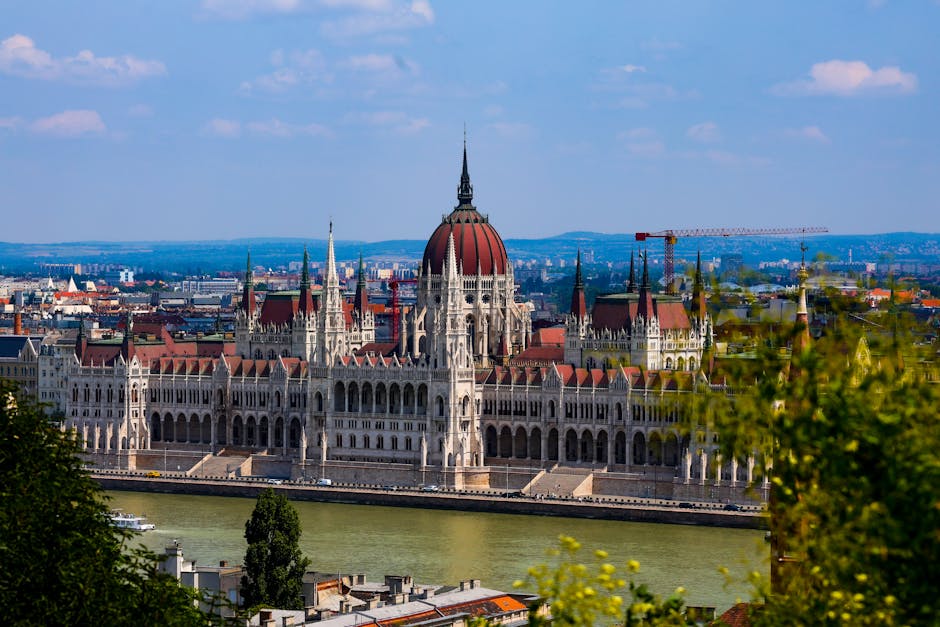The chasm widening between political factions has become a defining characteristic of the modern political landscape. A complex interplay of social, economic, and technological factors has contributed to this fragmentation, creating an environment where common ground seems increasingly elusive. Predicting when, and if, these divides will be bridged remains a significant challenge, requiring a multifaceted examination of the underlying issues.
The roots of this political polarization are multifaceted and deeply intertwined. Economic disparities, particularly the widening gap between the wealthy and the less affluent, often fuel resentment and mistrust. Feelings of insecurity and uncertainty about the future contribute to a heightened sense of division. These anxieties can be further exacerbated by competing narratives and differing interpretations of historical events. The increasingly partisan media landscape plays a significant role in shaping public perceptions and reinforcing existing biases, hindering the search for shared understanding.
Technological advancements, while offering unprecedented opportunities for connection, have ironically contributed to a greater sense of isolation and echo chambers. Social media algorithms often curate content based on pre-existing beliefs, creating environments where individuals are primarily exposed to information that confirms their viewpoints and reinforces their existing biases. This filter bubble effect makes it difficult to engage in constructive dialogue and fosters the belief that the opposing side is fundamentally wrong or malicious.
Furthermore, significant cultural shifts and evolving societal norms often lead to clashes between different value systems. Issues surrounding gender equality, racial justice, and LGBTQ+ rights, among others, frequently become politicized, intensifying the already polarized environment. Differing interpretations of these issues, combined with deeply held convictions, create intractable divides that are difficult to bridge.
Examining potential avenues for reconciliation reveals a complex landscape. One crucial element lies in promoting media literacy and critical thinking skills. Empowering individuals to discern credible information from misinformation and propaganda is vital. Educational initiatives focused on promoting empathy and understanding towards diverse perspectives could facilitate more productive dialogues and foster a more inclusive citizenry.
Another key element lies in fostering institutions that encourage dialogue and negotiation. Encouraging bipartisan efforts in legislative bodies, facilitating cross-party discussions, and creating neutral platforms for deliberation and compromise can yield significant progress. These collaborative spaces could facilitate the identification of common interests and facilitate the development of mutually acceptable solutions.
While political discourse often centers on ideology, a focus on shared values and common goals could pave the way for bridging the gap. Identifying and emphasizing shared values, such as the importance of economic opportunity, social justice, and personal security, can provide a framework for constructive dialogue and collaboration. This approach is not about compromising principles but about recognizing shared human values that could unite diverse viewpoints.
Reconciliation demands a substantial shift in individual attitudes and behaviors. A willingness to listen to opposing viewpoints, acknowledge the validity of different perspectives, and engage in respectful dialogue is essential. Promoting active listening, recognizing the validity of diverse experiences, and practicing tolerance are crucial steps toward fostering a more inclusive and harmonious society.
Moreover, structural reforms that address underlying societal inequalities could make a tangible difference. Policies aiming to reduce economic disparities, improve access to education and healthcare, and promote social mobility are vital to fostering a more unified citizenry. An inclusive and equitable society is more likely to support productive dialogue and address common concerns.
The process of bridging political divides will likely be incremental and challenging. There is no quick fix or simple solution. It demands a multifaceted approach that involves individuals, institutions, and communities working together. It mandates a commitment to finding common ground, promoting mutual understanding, and fostering environments where dialogue is not just tolerated but celebrated. While a complete resolution may remain elusive in the near future, the imperative to strive towards a more unified and inclusive society remains a pressing need.
The path towards reconciliation may not be linear, and setbacks are inevitable. The political landscape is constantly evolving, and new challenges may emerge. The commitment to fostering a climate of open dialogue, mutual respect, and productive engagement needs to be sustained over time. Cultivating empathy and recognizing shared humanity are essential components of this enduring process of bridging divides.
Finally, the role of leadership in guiding this process is critical. Leaders, both within formal institutions and in civil society, must embody a commitment to inclusivity and collaboration. Creating a culture of dialogue, encouraging diverse perspectives, and fostering environments where constructive discourse is valued is crucial to navigating the complexities of political polarization.
In conclusion, bridging political divides is not a destination but a continuous journey. It requires a sustained commitment from individuals, institutions, and communities to foster dialogue, promote understanding, and work towards shared solutions. While the road ahead may be long and challenging, the imperative to create a more unified and inclusive political environment remains paramount. The task is not one that will yield quick results, but a persistent and diligent effort toward shared goals and common interests, that holds the possibility for a more robust and functioning democratic society.
